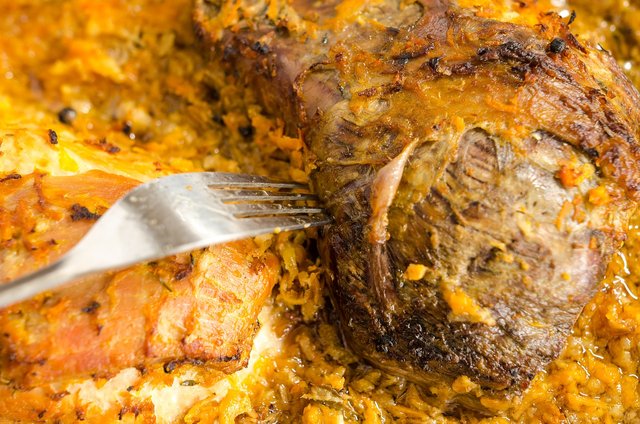
Following the WHO's announcement, there is widespread fear of cancer from eating bacon and other meats. There is really little to fear.
So IARC, part of the World Health Organisation, has included delicious bacon in the list of carcinogens, i. e. cancer-producing substances, in the company of tobacco and plutonium. Red meat has also been classified in another list as a possible carcinogen. Does this mean you should stop eating them? Well, no.
In the group of things that cause cancer, bacon is in good company: there are also alcohol, chromium, talcum powder, UVA rays and sunlight. Oh, and the estrogen, which you inevitably have inside your body, and the oral contraceptives.
IARC, the International Agency for Research on Cancer, maintains this list to separate it from things known not to cause cancer. But the really important thing is not that they cause it. Living increases your risk of cancer.
The problem is how much cancer these elements can cause, and in what doses they are dangerous.
It has been reported that eating bacon every day increases the risk of colon cancer by 18%. But that doesn't mean you have an 18% chance of getting it. If the total lifetime risk of colon cancer is 3% or 4%, it is estimated to be 18% of that small probability. Actually, you go from a 5% risk to a 6% risk.
Compare it to tobacco, which increases your risk of lung cancer by 2,500%. They may be in the same group, but they're not in the same league or far away.
Do you eat bacon for breakfast, chops for lunch and burgers for dinner every day? Then you have to stop. You are unnecessarily increasing the concentration of nitrites and nitrates, which by accumulating them day after day will increase your risk, even if it is small.
Look for varied sources of protein, alternating bacon, sausage and grilled chops with fish, eggs and dairy. Put a lot of vegetables on the other side of the plate (they protect against cancer) and keep living in peace.